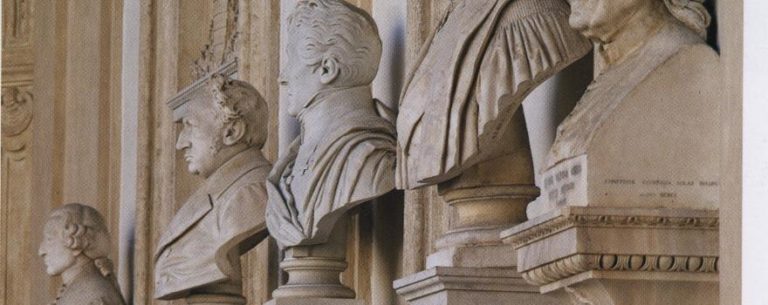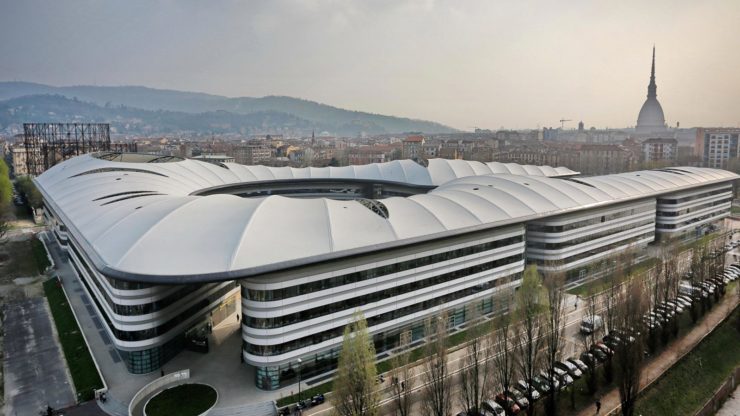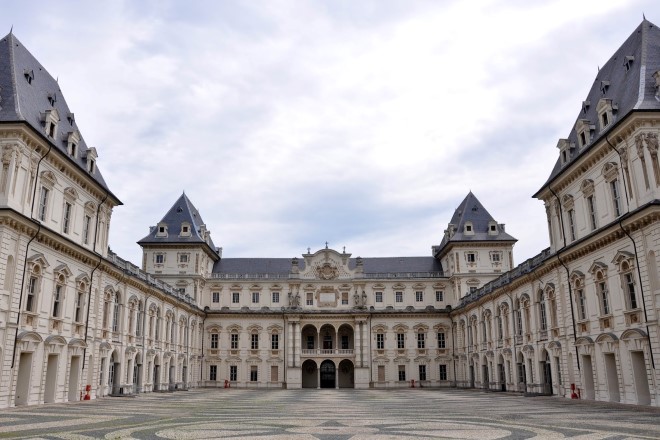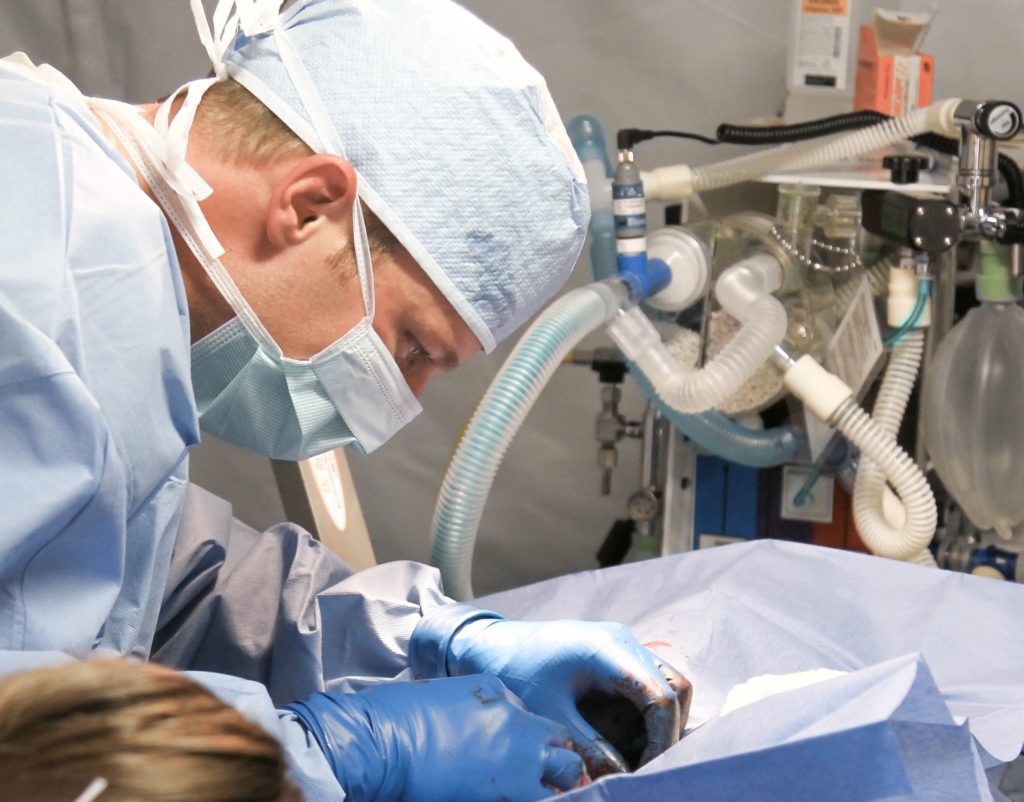Medicine and Surgery Course Details
| Teaching Language | English |
| Non-EU Seats | 32 |
| EU Seats | 70 |
| 2022 IMAT Score (Non-EU) | 49.9 |
| 2022 IMAT Score (EU) | 45.1 |
Facts About The University
| QS Ranking | 475 |
| Founded in | 1404 |
| Number of Students | 75.000 |
| Academic Staff | 3.800 |
| Status | Public |
| Fees | 156€-3500€ |
The University of Turin is one of the oldest and most prestigious Italian universities. University of Turin (Unito) in northwest Italy is one of the country’s largest and most prestigious universities, with 67,000 students and more than 4,000 scientists and administrative staff. Despite periods of crisis during the French occupation in the mid-16th century and other difficulties over the centuries due to wars and epidemics, the university continued to grow under the Duchy of Emanuele Filiberto Carlo Emanuelle I and Vittorio Amedeo II.
The University of Turin is oriented towards relations with large organizations and cooperation with developing countries on an international level. In 2017, Times Higher Education named it one of the top 500 universities in the world. It is also among the top 5 Italian universities and is the highest-rated research activity in Italy, according to the latest data from ANVUR.
Virtually all areas of knowledge are covered by the University of Turin, and its Medical Diagnostic, Biosensoristics, and Nanotechnologies research facilities are among the best in Italy. Military strategy, biotechnology, sport sciences, restoration, and conservation are just a few of the degree programs that are offered that are exclusive to Italy. The University of Turin has a distinguished history of research in traditional disciplines like history, philosophy, law, finance, and medicine, but it is also continuing to expand into crucial contemporary fields including food science, social politics, information technology, performing arts, and communication sciences. A greater variety of courses are being offered in English, and new students are able to obtain tuition in Italian.
Famous People Graduated from The University of Turin
The University of Turin was founded in 1404, followed by the Faculty of Medicine and Surgery in 1436 in Turin. Many famous scientists and Nobel laureates have studied and researched at the university, including Salvador Luria, Renato Dulbecco, Rita Levi, and Montalcini. All of them have received the Nobel Prize in Medicine and Psychology.
Medicine and Surgery at the University of Turin | Università di Torino
The University of Turin was founded in 1404. In 1412, the municipal physician Antonio Cusano was entrusted with establishing the Faculty of Medicine (for 100 florins per year). In its more than 600-year history, academic medicine in Turin can point to such significant results.
The specific purpose of the Medicine and Surgery program at the University of Turin is to train doctors to carry out their work in a national and international context. Internationalization takes place through contact with professors from foreign universities with different professional experiences, teaching approaches, and the integration of new medical skills that doctors need in our globalized world. Services for students include the Erasmus + program, the ERASMUS placement program, and employment services that increase opportunities for discussion and application of new skills and methods and direct contact with the labor market.

The Faculty of Medicine is divided into two poles, respectively inserted in lectures concerning the vital of Health and Sciences of Turin (AOU) and the University Hospital of Orbassano San Luigi Gonzaga. In addition, the numerous hospitals and local health facilities included in the Regional Health Plan are also an important part of the network for the training offer.
Students are also exposed to medical ethics and patient communication techniques throughout the curriculum, which are crucial for rendering high-quality medical treatment. To prepare students for communication with patients and colleagues from other countries, the curriculum also offers courses in medical English.
The Medicine and Surgery program at the University of Turin offers prospective medical professionals an advanced and well-rounded education. With a focus on hands-on learning and clinical practice, the program is designed to give students a solid foundation in fundamental sciences while guiding them toward more specialized areas of medicine.
The six-year medical and surgical degree offered at the University of Turin is entirely in English and is conducted in classrooms at the University Hospital of San Luigi Gonzaga. In principle, a limited group size ensures high quality and individual attention. Specifically, the educational offer of the Faculty of Medicine of Turin includes more than 30 courses, including the course of Medicine and Surgery in English.
In general, the Faculty of Medicine of the University of Turin has didactic, scientific research, and clinical support organization with a student population of more than 8000 units and a teaching and technical, administrative staff of about 900 units.
Course Structure at Medical School of the University of Turin
The first semester of the usual academic year starts on the first of October, while the second semester starts on the first of March.
First-year Courses
- Introduction to Medical Biochemistry
- Microscopy Lab
- Basis of Human Morphology
- Biochemical and Molecular Basis of Metabolism
- Cell Biology and Genetics
- Medical Language
- Introduction to Medicine
- Anatomy
- Health and Safety at Work
Second-year Courses | University of Turin
- Basic Pathology and Immunology
- Basis of Human Morphology 2
- Clinical Methodology and Semeiotics
- Microbiology
- Pathology and Pathophysiology
- Physiological Basis of Human Body
- Physiology of Systems
Third-year Courses
- Cardiovascular and Respiratory Systems
- Endocrine, Metabolic and Gastroenteric Diseases
- Hematology, Infectious Diseases, and Dermatology
- Medical English
- Orthopedics and Traumatology
- Urology
Fourth-year Courses
- Head and Neck Diseases
- Nephrology, Rheumatology and Clinical Immunology
- Neurology
- Pathology
- Pharmacology
- Psychiatry
Fifth-year Courses
- Internal Medicine and Medical Genetics
- Laboratory Medicine
- Medical Statistics
- Mother-child and Reproductive Medicine
- Oncology
Sixth-year Courses | Medical School of The University of Turin
- Emergency
- Final Test
- General Surgery
- Internal Medicine II
- Hygiene, Public Health, Forensic and Occupational Medicine
Tuition Fee
Tuition fees are calculated individually according to the ISEE (Equivalent Economic Status Indicator). ISEE is a criterion used to evaluate the family’s economic status, also used at all public universities in Italy. Therefore, annual tuition fees range from 158 € to 2800 €, depending on many factors (parents’ income, full/part-time studies, etc.).
You can look at our “Tuition Fee for Medical School in Italy” article for detailed information.
Admission Requirements at the University of Turin
There are a number of conditions that prospective students have to fulfill in order to be admitted to the University of Turin’s Medicine and Surgery program. One of these conditions is that applicants take the IMAT (International Medical Admissions Test), which measures their critical reasoning, biology, chemistry, and physics competence. This is the main factor used for determining the credentials of program candidates.
The University of Turin’s Medicine and Surgery program requires prospective students to take the IMAT test in addition to pre-enrolling on the university’s website and uploading their application papers.
You can look at our “Admission Requirements for Medical Schools in Italy” article for detailed information.
Student’s Life in Turin | The University of Turin
Students have to learn Italian because Turin is not a tourism city. Italian is the primary language spoken throughout the city, however lots of people can also speak a little English. Consequently, non-fluent students might think about pursuing Italian language classes to improve their capacities to interact with people and embrace the culture of the city.
Despite these challenges, Turin maintains a thriving student community with a lot of chances for socializing and extracurricular activity engagement. There are several museums, theaters, and art galleries to check out in the city, which has a strong historical significance. Numerous student groups and organizations also are available, offering chances to socialize and pursue common interests.
You can look at our “Student’s Life in Turin” article for detailed information.
In conclusion, the University of Turin’s Medicine and Surgery program offers thorough training in medicine, and the city of Turin gives a distinctive perspective on student life. Prospective students should be ready for a tough admissions procedure, a chilly environment, and a city where speaking Italian is a requirement. Success in the program, however, can give participants the chance to advance in their future medical professions and receive valuable real-world experience.
Articles About Medical Schools
6 Reasons to Study Medicine in Italy
3 Practical Ways to Finance Yourself as a Medical Student in Italy
Italy is a beautiful country with lots of amazing opportunities to help finance yourself through your medical degree. Despite being one […]
How to Open a Free Bank Account as a Student in Italy
Opening a bank account in Italy is an essential step for medical students. Upon arrival, medical students may need […]







